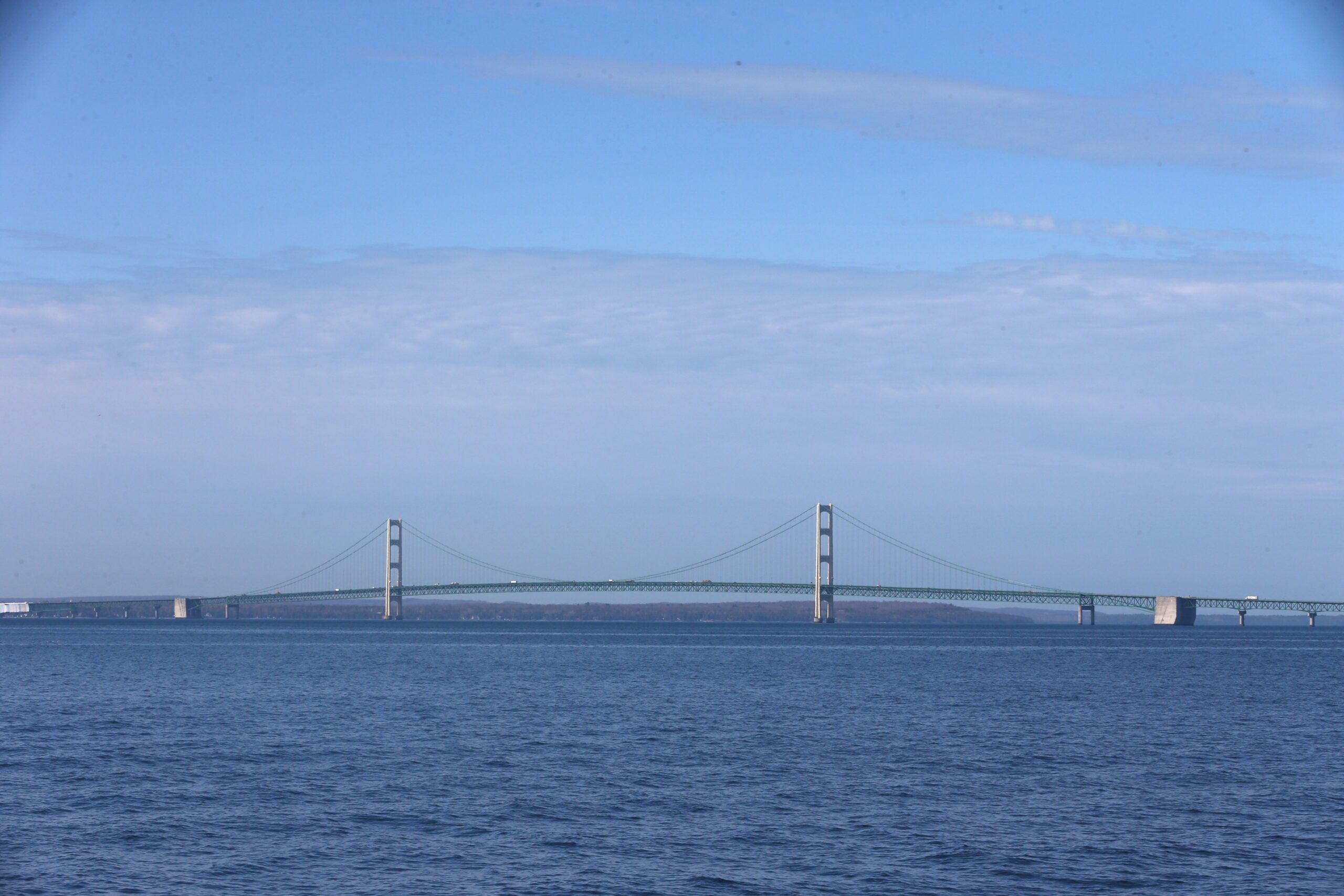A U.S. Department of Homeland Security study of the Great Lakes’ aging Poe Lock found closing the lock could cripple the regional economy.
The Poe Lock is the largest lock at Sault Ste. Marie, Michigan and the largest gateway for ships traveling from Lake Superior to the lower lakes. Homeland Security officials studied the lock and the possible fallout of closing the lock last year.
U.S. Army Corps of Engineers spokeswoman Emily Schaefer said they’re taking a look at the costs and benefits of building a new lock.
Stay informed on the latest news
Sign up for WPR’s email newsletter.
“We work hard every day to ensure the reliability of the existing Poe and MacArthur locks, but we do recognize a redundant capability is needed in the future,” Schaefer said.
A previous Corps of Engineers study in 2014 found that other methods of transportation couldn’t handle all the commodities shipped through the Poe Lock if the lock went out of service. Around 20,000 U.S. Army troops were stationed at the Soo Locks during World War II because of fears of a German attack.
Adele Yorde, of the Duluth Seaway Port Authority, said the 47-year-old lock, which was rebuilt in 1968, is the only one big enough to handle 1,000-foot ships headed for the lower lakes.
“For the port of Duluth-Superior, the iron ore that moves out of our two docks here, as well as the iron ore that moves out of Two Harbors, wouldn’t get anywhere were it not for the Poe Lock,” said Yorde.
Tom Curelli, president of the Great Lakes Maritime Task Force and engineering vice president for Fraser Shipyards in Superior, said the shut down of the MacArthur Lock last summer for 20 days should serve as a warning to invest in the region’s lock infrastructure.
“If the Poe had gone down for a lengthy period of time, cargos would have been cancelled rather than just delayed,” Curreli said in a Lake Carriers’ Association release.
The Corps is planning to spend around $1.35 million to fund the cost-benefit analysis of building a new lock. Officials expect to complete the study in two years while industry advocates are calling on officials to expedite the process.
The Homeland Security report said failure of the lock for six months during shipping season could put 11 million people out of work and trigger a nationwide recession. It could also cause the shutting down of domestic steel and automobile production.
The department’s Office of Cyber and Infrastructure Analysis said the nation could see unemployment rates top Oct. 2009 recession levels of 10 percent.
Wisconsin Public Radio, © Copyright 2025, Board of Regents of the University of Wisconsin System and Wisconsin Educational Communications Board.




